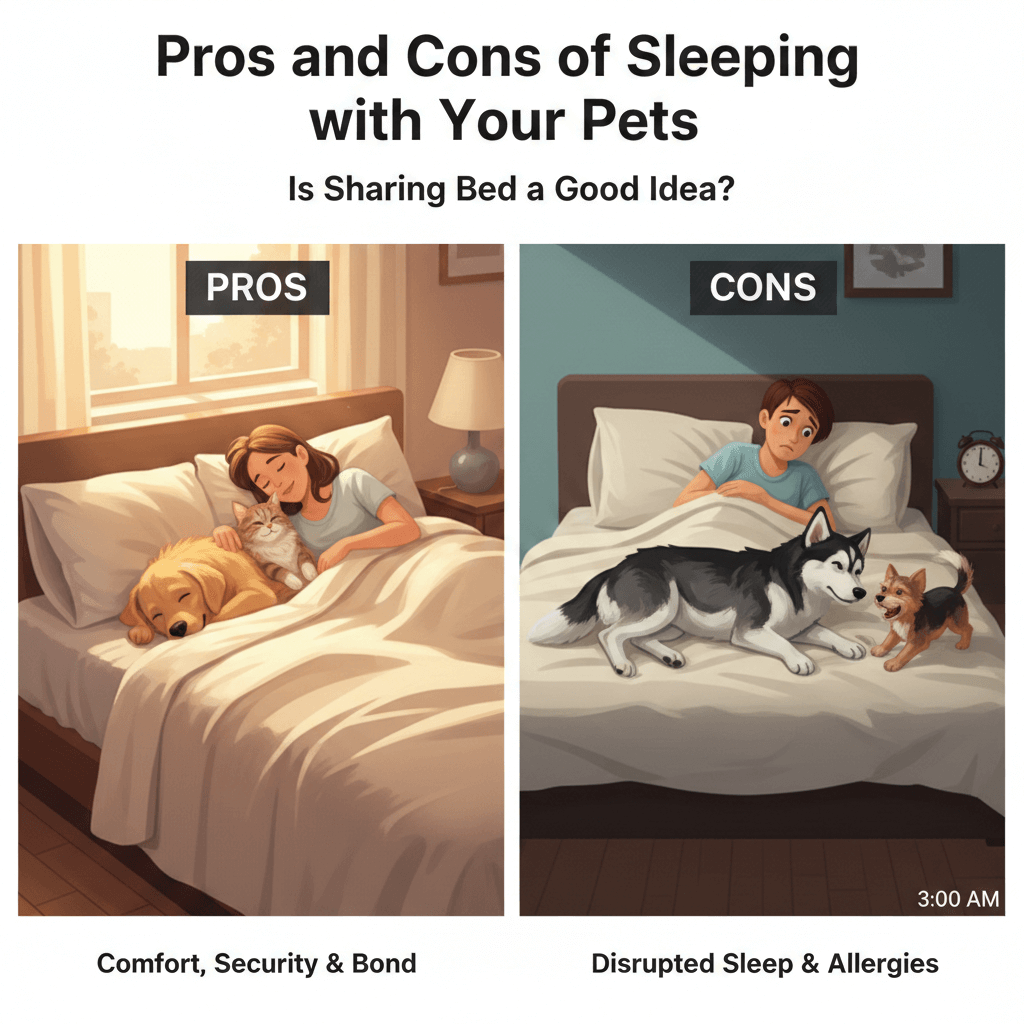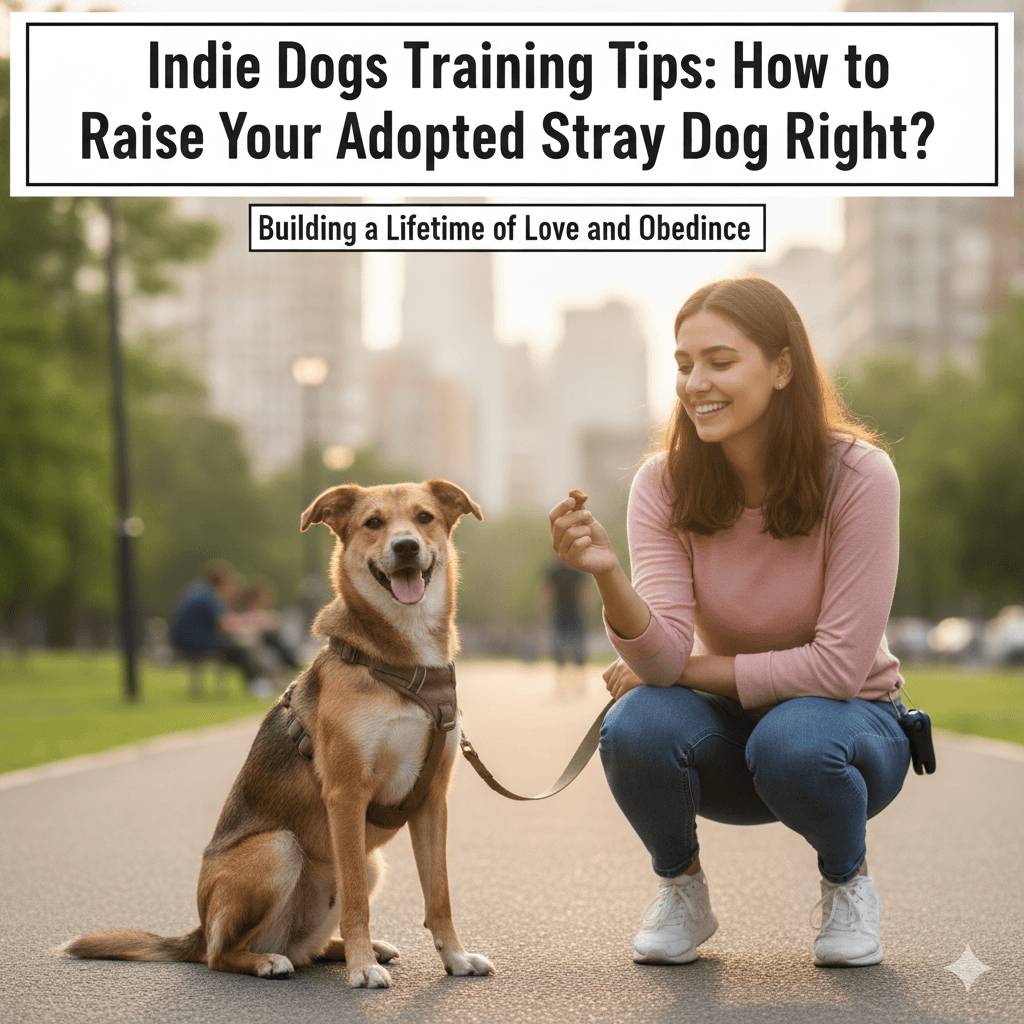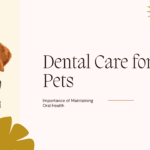In the world of responsible pet care, vaccination stands out as a cornerstone for safeguarding your dog’s health. Just like humans receive vaccines to ward off all diseases, dogs can also benefit from these measures.
The World Of Vaccines
You can imagine a shield that guards your furry friend against the potential threats lurking in the environment. That’s what vaccines provide. The immunizations work like a protective armor that fortifies your dog’s immune system against a spectrum of different diseases. From rabies to other ailments, vaccines work like a formidable defense that can mean the difference between life and potential tragedy.

The Major Vaccines
Among all the vaccines available, there are some vaccines which are known as core vaccines. These immunizations are very important for your dog, irrespective of the lifestyle or environment. Core vaccines protect against plenty of life-threatening ailments that can spell disaster without enough defense.
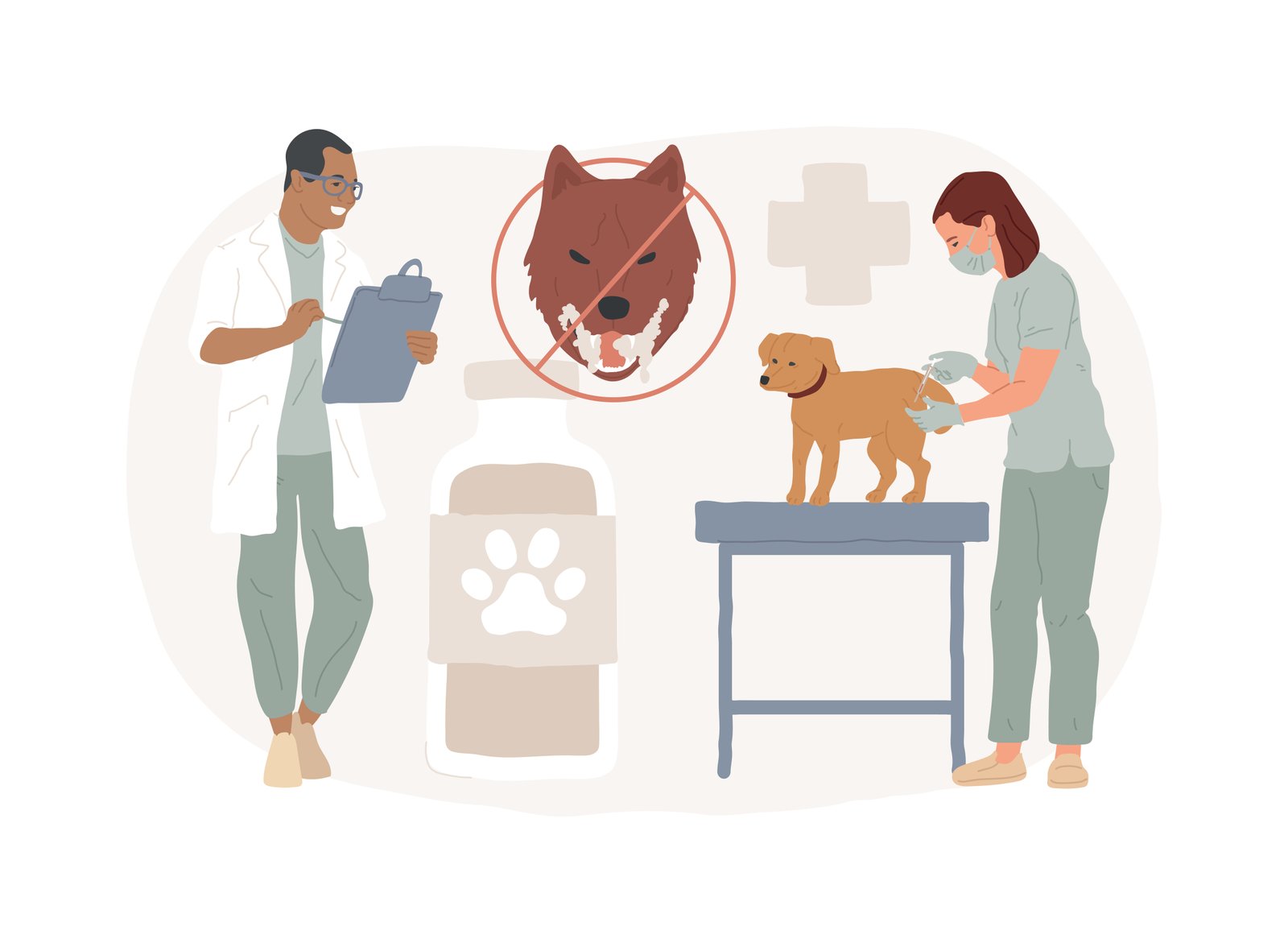
- Rabies is a perilous disease that impacts dogs and can be transmitted to humans. Also, fully vaccinating against rabies is a safeguard for your dog and, of course, a public health importance.
- Distemper is a highly contagious element that can manifest in respiratory and gastrointestinal issues. It can create a lot of havoc on your dog’s well-being if it is not prevented through vaccination.
- Parvovirus is a notorious disease that leads to severe vomiting and diarrhea. It is a highly contagious ailment and can lead to rapid deterioration in your dog’s health.
- The disease canine hepatitis targets the liver, causing potentially severe damage. Vaccination against canine hepatitis is important to protect your dog’s important organs.
Optional Vaccines
Besides Core vaccines, there are optional vaccines, which are recommended based on your dog’s individual stances. These vaccines serve different risks associated with your dog’s lifestyle and environment.
- Lyme disease is a bacterial infection that can be easily transmitted through tick bites, and it can lead to joint pain and discomfort. If your dog frequents tick-prone areas, this vaccine might be the best bet.
- Bordetella is a vaccine that guards against a respiratory infection that ends up spreading through coughing and sneezing. If your dog is exposed to other dogs in social settings like dog parks or boarding facilities, then this can provide an extra layer of protection.
- Coronavirus is a respiratory infection which can lead to vomiting and diarrhea. If your dog has a higher likelihood of exposure, like living in a multi-dog household, then you need to discuss the coronavirus vaccine with your doctor.
Timing is very important.
Starting your dog’s vaccination journey at the right time is very important. Puppies must receive their first vaccine between 6 and 8 weeks of age as their maternal immunity starts to wane. This marks the initiation of a series of three to four vaccines, and it should be spaced 2 to four weeks apart. Every vaccine must be built on the previous one, gradually improving your dog’s immunity. After the initial series, booster vaccines are also required every one to three years, depending on the vaccine type. You must consult your veterinarian to determine the right schedule for your dog’s booster. It would be best if you stayed current with the vaccination as it ensures your dog’s immune system remains strong and ready to fend off all the potential threats.
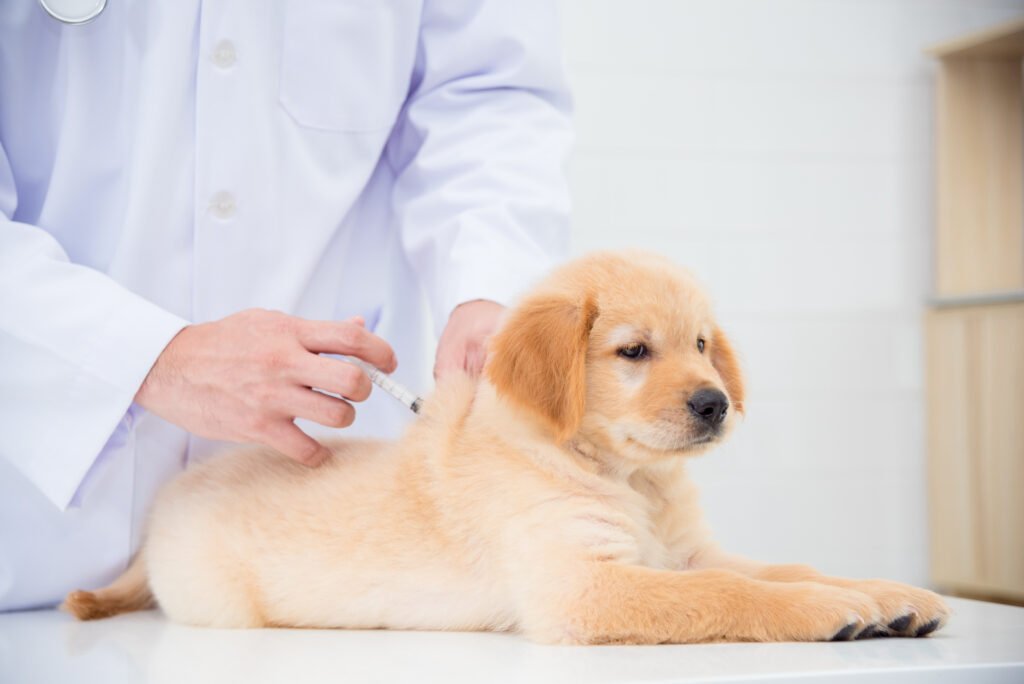
Navigating All The Side Effects
The vast majority of dogs experience no adverse effects from vaccinations, but some dogs might exhibit some mild effects like pain or swelling at the injection site or temporary loss of appetite. These reactions are typically short-lived. If your dog displays any side effects after vaccination, you should remain vigilant and communicate with your veterinarian. The guidance can help you understand your dog’s responses and ensure their well-being throughout the vaccination process.
The Veterinarians Wisdom
Your veterinarian is more than just a medical professional. They are your experts in ensuring your dog’s health and longevity. When it comes to vaccinations, the expertise is a beacon of guidance. Veterinarians are equipped with comprehensive knowledge of the diseases prevalent in your region and the latest advancements in immunization science. It is all about understanding your dog’s individual needs.
By following your veterinarian’s vaccination recommendations, you can learn about expertise that tailors vaccination to your dog’s lifestyle and potential risks. This insight ensures that your dog receives the right immunization, optimizing the protection against disease while reducing any unnecessary interventions.
The Risks Of Neglect
Choosing not to vaccinate your dog comes with a lot of risks that go beyond their immediate health. Full vaccinations work like a vital defense against a range of diseases, some of which can also be life-threatening. Without proper immunization, your dog becomes susceptible to ailments that can lead to pain, suffering, and even premature death. Additionally, your dog left unvaccinated can become a potential carrier of diseases, putting their and others’ health at risk. Contagious diseases can spread quickly in communities, leading to outbreaks that could have been prevented with timely vaccination.
Things To Consider When Hiring A Veterinarian
Choosing a veterinarian is a decision that shapes your dog’s healthcare journey.
- It would be best if you started by researching veterinarians in your area and seeking recommendations from fellow pet owners.
- You must verify that the veterinarian holds proper qualifications and is licensed to practice in your jurisdiction. Qualified veterinarian proposes a lot of training and continues to educate themselves to stay updated on the latest advancements.
- A reputable veterinarian values open communication during our initial consultation. It would be best if you observed how they listen to your concerns.
- A compassionate veterinarian understands the bond between you and your furry friend, and they approach the practice with empathy, treating your dog as a patient and also as a beloved companion.
Vaccinations epitomize the essence of responsible dog ownership. By equipping your companion with the armor of immunity, you bestowed upon them the gift of a healthier and happier life.

